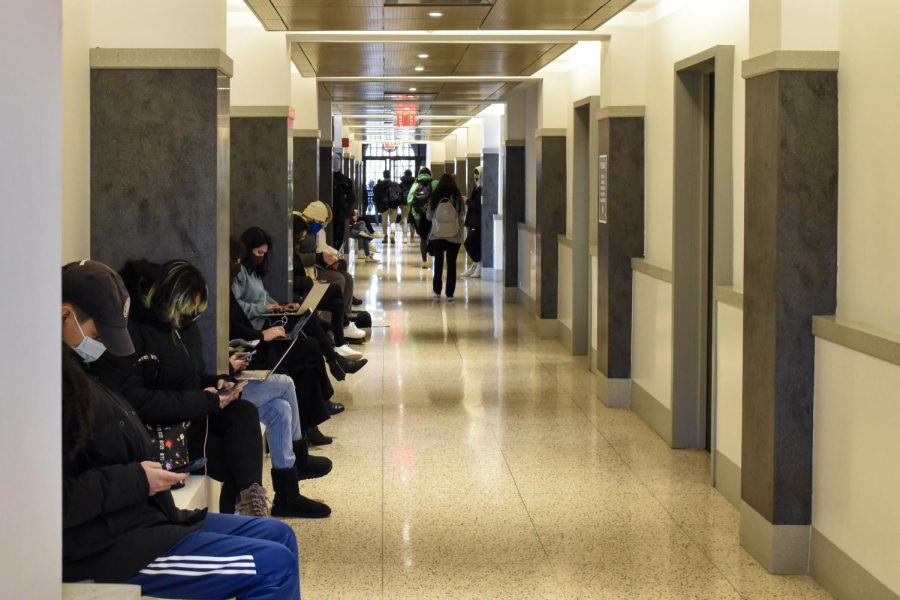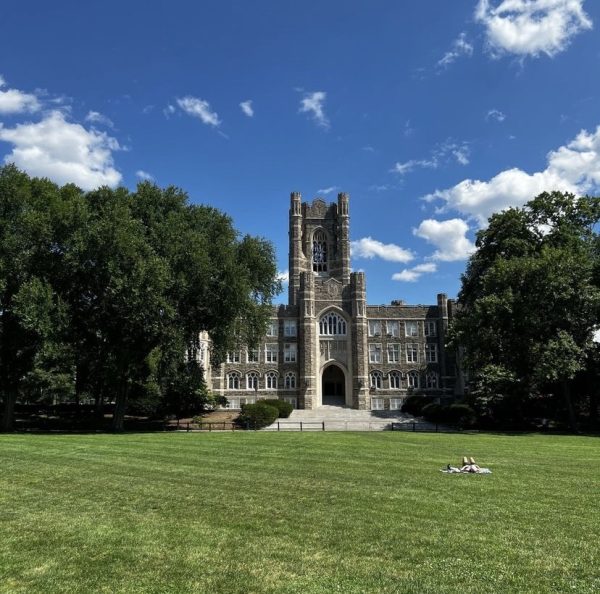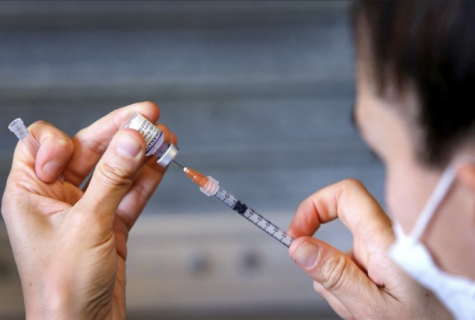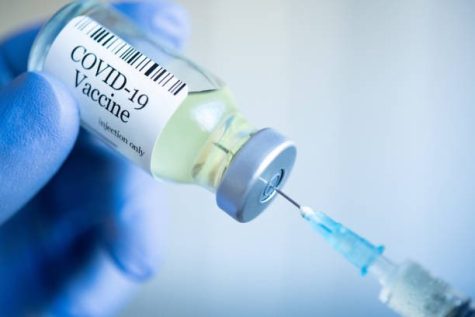The Flaws and Benefits of Fordham’s Return to In-Person Instruction
Fordham returning entirely in-person is the best choice for students, but that doesn’t mean it is flawless.
Fall semester 2021 marked a massive shift: after nearly two years of online classes, limited gatherings and lack of social interactions, it felt like there was a return to normalcy and the traditional “college experience.” However, with the spread of the omicron variant, Fordham’s in-person policy was called into question as other universities (Harvard, Yale and Columbia, to name a few) chose to start their spring semester online. Fordham created policies that complied with the CDC and required everyone on campus to have the COVID-19 vaccination and booster shot, barring an approved exemption.
Everyone at Fordham (vaccinated and unvaccinated) has to wear a mask indoors, decreasing transmission of the virus. In addition, Fordham is continuing contact-tracing and reintroducing surveillance testing to mitigate the spread of COVID-19. With these guidelines in place, continuing in-person instruction this semester makes sense; it works to keep students healthy and prioritizes academic performance and mental health.
While remote learning was an acceptable replacement at the beginning of the pandemic, in-person learning creates benefits that remote learning can’t compete with. Research involving online learning shows that reduced learning time impedes student learning and development, and without personalized and sufficient resources hinders student performance.
Mental health issues have also become more prevalent. Since the start of the pandemic, college students have reported lower levels of psychological well-being than before the pandemic, which is attributed to the feelings of isolation and loneliness that come from limited social interactions and gatherings when students are forced to stay in their home or dorm room. If Fordham can follow a health-conscious plan that allows for in-person instruction, there is no doubt that it is the superior choice.
While Fordham’s plan goes above expectations regarding classroom settings, there are flaws in its approach to other aspects of student living and contingency plans for those who contract COVID-19. For example, Fordham’s announcement that it would be closing the gym for the month of January was met with student protest. Additionally, Fordham stated that it would be restricting indoor dining options without much elaboration on what this would entail. All Fordham students are required to be vaccinated and to wear masks in all campus buildings. With all of these precautions enforced by the university and New York City, closing the gym and limiting other social interactions is hurtful to the student body and deviates from the logic behind the return to campus.
Even before the pandemic, research shows clear correlations between exercise and mental health benefits. Now, more than ever, students need ways to relieve stress; why close something that relieves stress and has no reasonable downside to keeping it open? If Fordham says that being vaccinated and testing is sufficient to return to class, why is it not good enough to maintain the social and health aspects of returning to campus?
Fordham could also do better for the students who do contract COVID-19 and have to isolate. Vaccines are not perfect; it is still possible for someone to contract COVID-19 while fully vaccinated. The number of COVID-19 cases in the United States reflects this, with an average daily number of 20,000 cases in New York City in January. Without the option for students to go to class virtually if they contract COVID-19 or are contact-traced, Fordham creates an environment that allows students to potentially spread the disease and hinder academic performance for those who do become ill. Students should not have to choose between their academics and the health of the community. By creating a hybrid model that can be used if a student is ill or has been exposed, Fordham would continue to emphasize the importance of in-person learning while protecting the health of the community.
No plan to return to campus during this time will be perfect, but Fordham can do more to make sure that the decision to remain fully in-person is the right choice.
Samantha Scott, FCRH ‘24, is an International Political Economy major from Columbus, Ohio.













































































































































































































